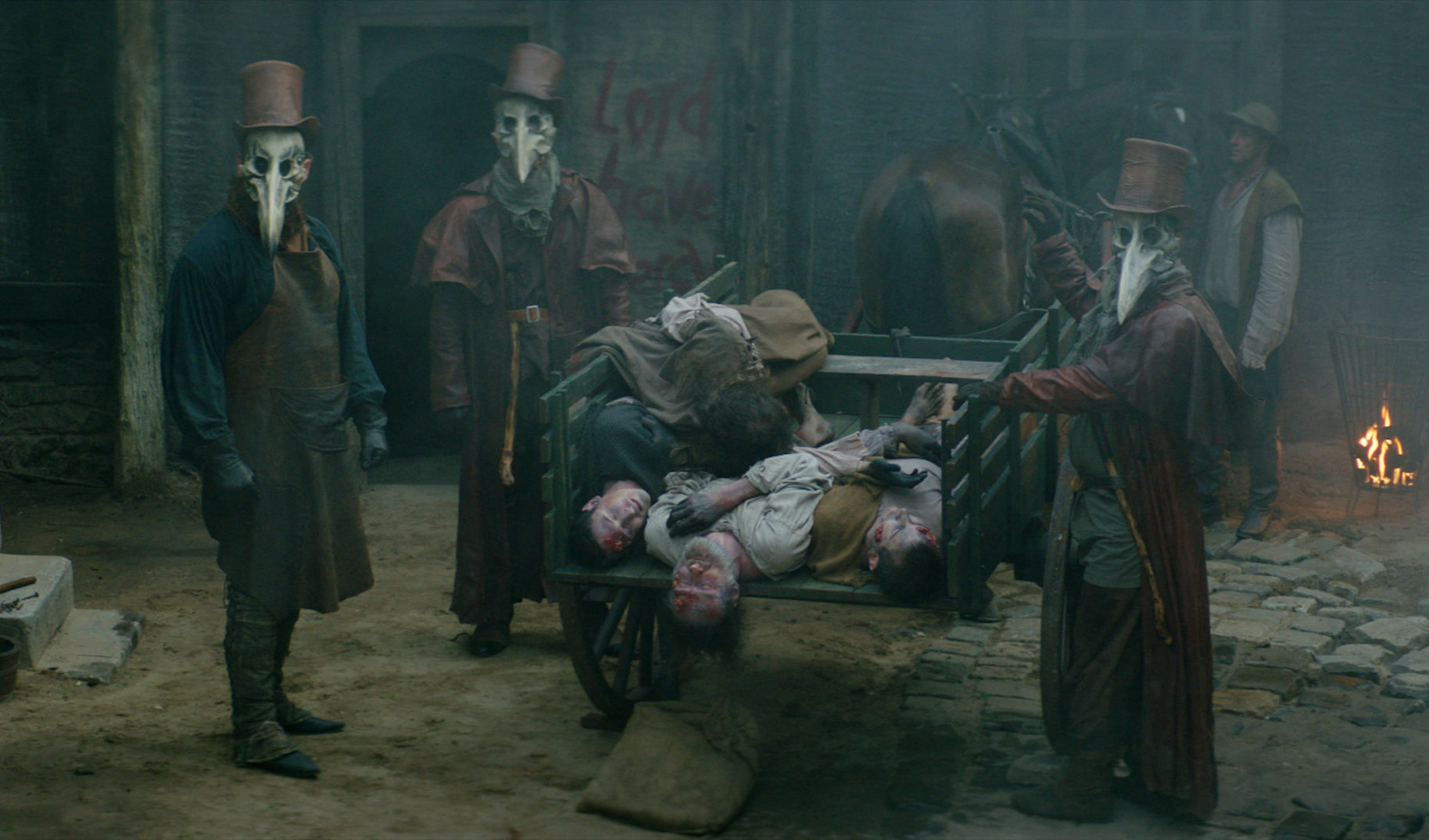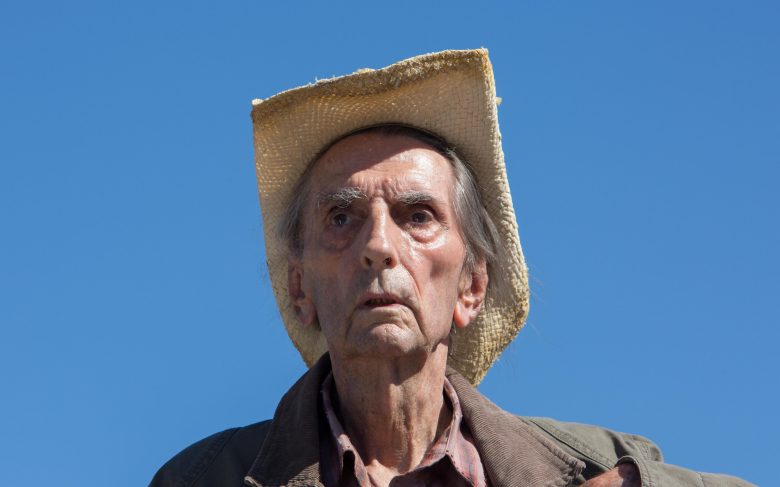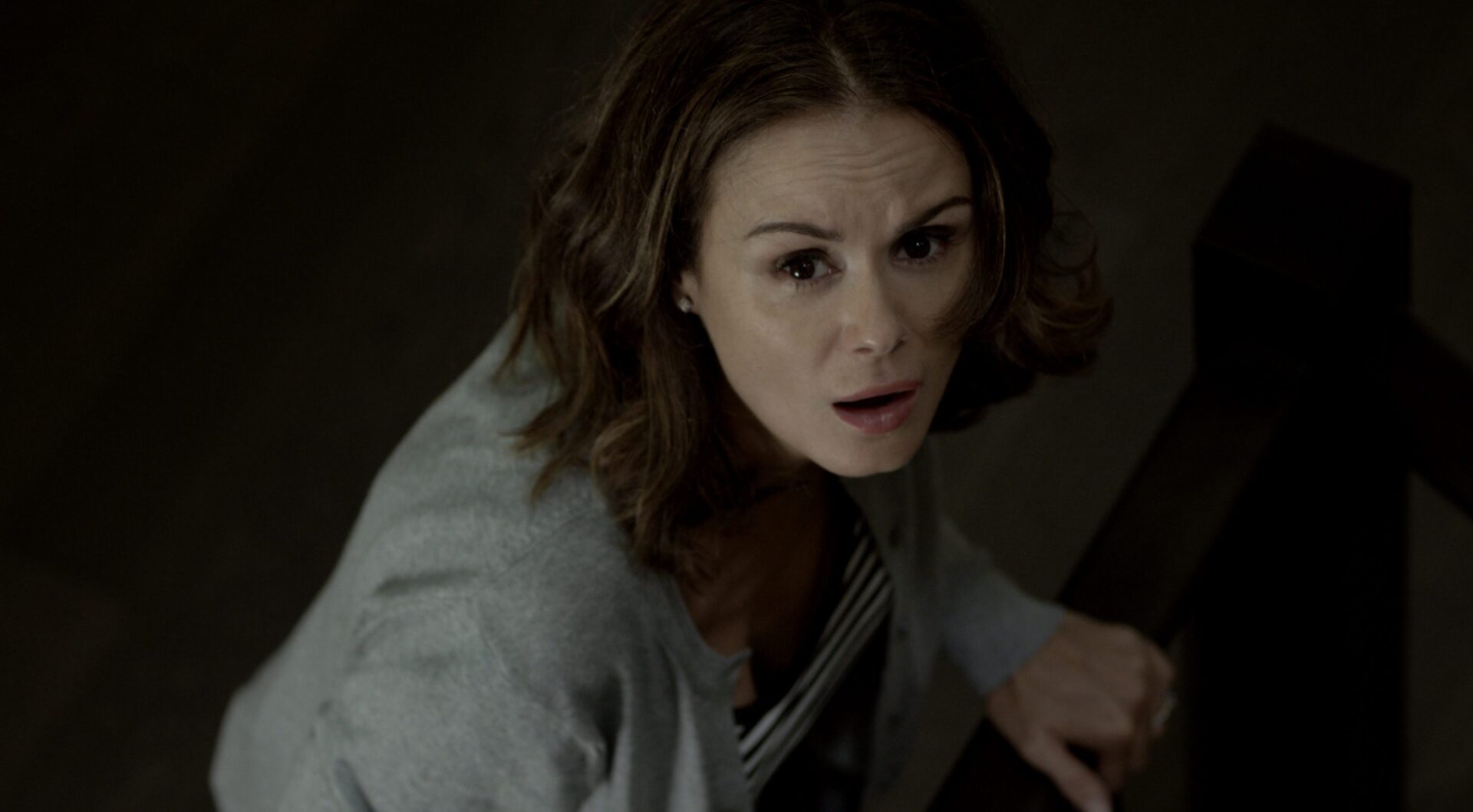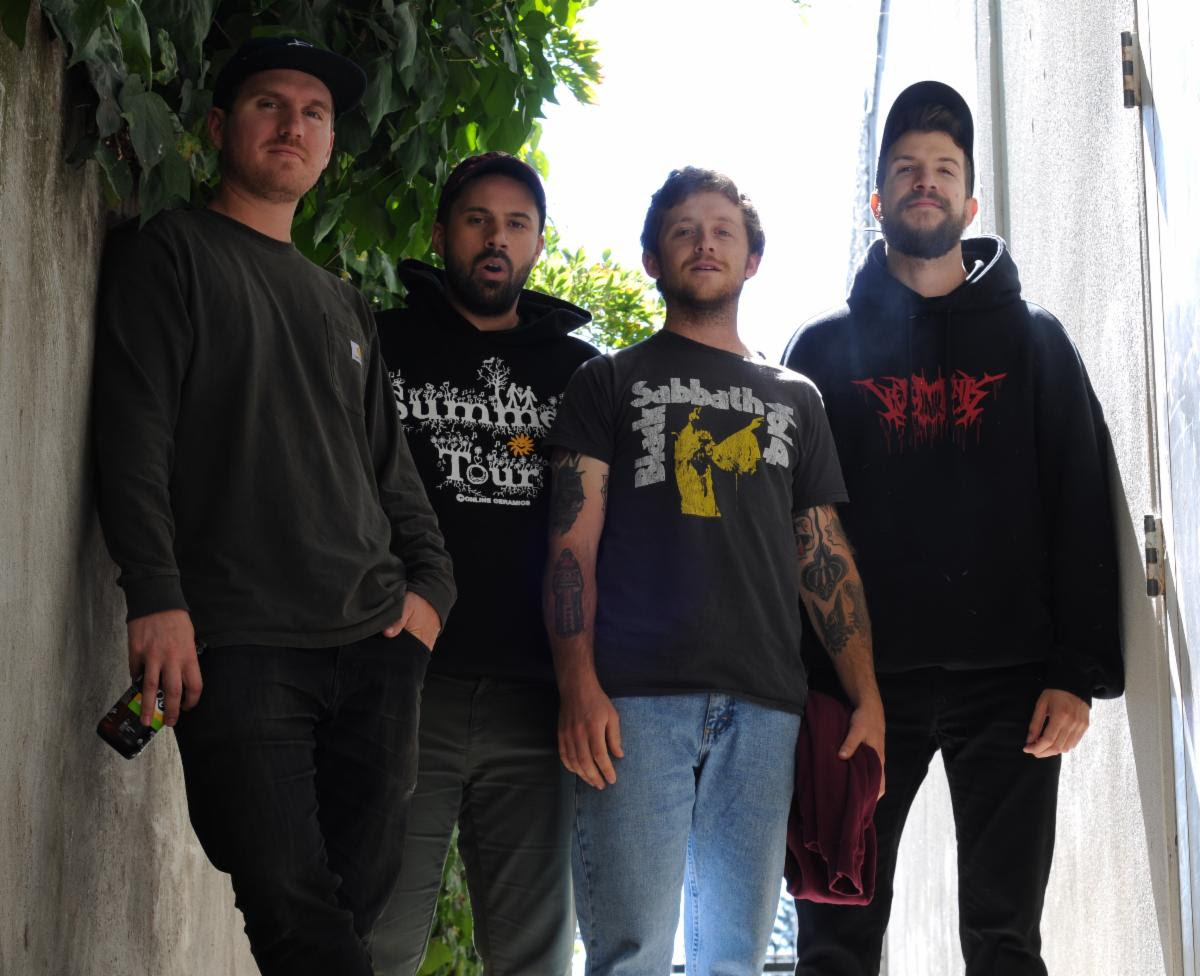Filmmaker Neil Marshall can’t find scares or suspense in The Reckoning, a wannabe Lifetime horror movie that tortures its viewers almost as much as its cast.
An exploration of witch hunt madness amid the Great Plague, Neil Marshall’s The Reckoning is a tonally inconsistent, lumbering chore disguised as period horror. It’s a far cry from the director’s best genre work, offering little in terms of originality or message, and it’s sure to be forgotten almost as soon as it’s released.
Set in Northern England in 1665, The Reckoning follows Grace (Charlotte Kirk), a recently widowed woman and first-time mother accused of witchcraft after refusing her landlord’s advances. Separated from her daughter and thrown into jail, Grace must resist the call of the devil while undergoing daily torture sessions meant to make her confess. She persists in her resistance until the arrival of a mysterious figure from her past whose torment methods push her to the breaking point.
If plague porn is what you’re looking for, then you’re better off searching elsewhere. While the story involves the plague by dabbling with our fears of the unknown and unseen, clumsy execution leads to many historical inconsistencies. The same goes for torture, which happens mainly off-screen. Viewers see enough to understand what is happening to Grace, but Kirk doesn’t possess the talent needed to drive home the struggle her character is enduring. As soon as she returns to her cell, it’s often as if nothing of lasting consequence has happened, which is an unfortunate theme for the entire film.
Marshall co-wrote the script with Kirk and Edward Evers-Swindell, the latter of whom also worked in the sound department on The Descent. The premise is enticing, but the narrative lacks any sense of tension or urgency. Grace is the cleanest and smartest peasant the world of cinema has ever seen. What little character development does occur happens entirely through encounters with supernatural beings who appear through quick cuts and canted angles with unclear rules. Worse yet, all we know of the supporting characters are the details needed to make Grace’s arc — what little of that there is — possible. For a film running nearly two-hours in length, there is barely any story to tell.
Lacking any clear message or point, The Reckoning is a film that goes where viewers think it will without a single detour or original thought. Marshall seems to believe that the dreary story will resonant with viewers who’ve spent the last year attempting to avoid a global pandemic while leaders discuss fictitious witch hunts on television, but he doesn’t do enough to make that connection clear. Instead, he relies on familiar period elements, including plague doctors, ranting priests, and rotting corpses left strewn about like discarded garbage on muddy streets, to keep viewers engaged. It’s a bleak vision of a filthy age whose effectiveness is further undone by the glaring gloss of digital camera work, and I doubt anyone will remember what happens in it five minutes after the credits roll.













